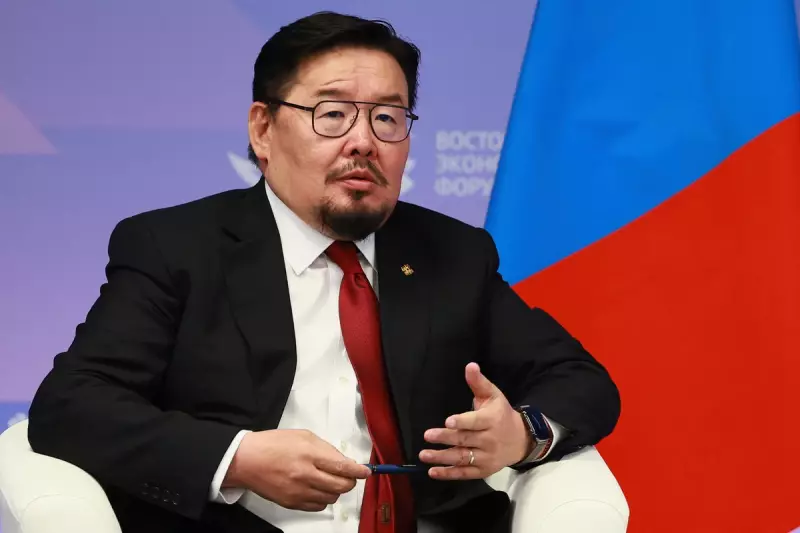
Mongolia has issued a formal demand for the immediate return of eighteen teachers allegedly detained by Chinese authorities in a dramatic escalation of tensions over language rights in Inner Mongolia.
The Mongolian foreign ministry confirmed it has summoned China's ambassador to Ulaanbaatar in a rare diplomatic confrontation, accusing Beijing of unlawfully holding the educators who were reportedly teaching Mongolian language and culture.
Diplomatic Crisis Unfolds
According to official statements from Ulaanbaatar, the teachers were taken into custody under questionable circumstances, sparking concerns about their welfare and legal status. The incident represents one of the most significant public disputes between the neighbouring nations in recent years.
"This is not just about eighteen individuals," said a diplomatic source familiar with the situation. "It touches on much deeper issues of cultural preservation and regional autonomy that have been simmering for years."
Language Policy at Heart of Dispute
The confrontation appears directly linked to Beijing's controversial education reforms in Inner Mongolia, where authorities have been pushing to replace Mongolian language instruction with Mandarin Chinese in key subjects.
These changes have previously sparked protests and school boycotts among ethnic Mongol communities who view the policy as an assault on their cultural identity and heritage.
The detained teachers were reportedly involved in efforts to maintain Mongolian language education, though Chinese officials have yet to comment publicly on the specific allegations.
International Attention Grows
Human rights organisations are monitoring the situation closely, with concerns mounting about the teachers' condition and legal representation. The lack of transparency from Chinese authorities has only heightened anxieties among diplomatic observers.
This incident comes amid increasing scrutiny of Beijing's treatment of ethnic minorities across China, particularly in regions like Xinjiang and Tibet where cultural suppression allegations have drawn international condemnation.
The Mongolian government's decision to publicly confront China marks a significant departure from its typically cautious diplomatic approach toward its powerful neighbour.
What Happens Next?
Analysts suggest the outcome of this standoff could have far-reaching implications for:
- Sino-Mongolian relations and regional diplomacy
- Language rights for ethnic minorities across China
- Beijing's approach to cultural preservation in autonomous regions
- International perception of China's minority policies
As diplomatic channels remain open but tense, the international community watches closely to see whether dialogue or further escalation will define the path forward in this sensitive cross-border dispute.





